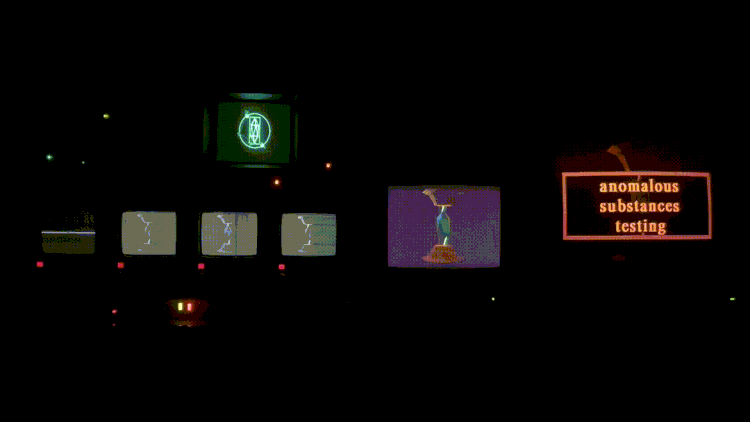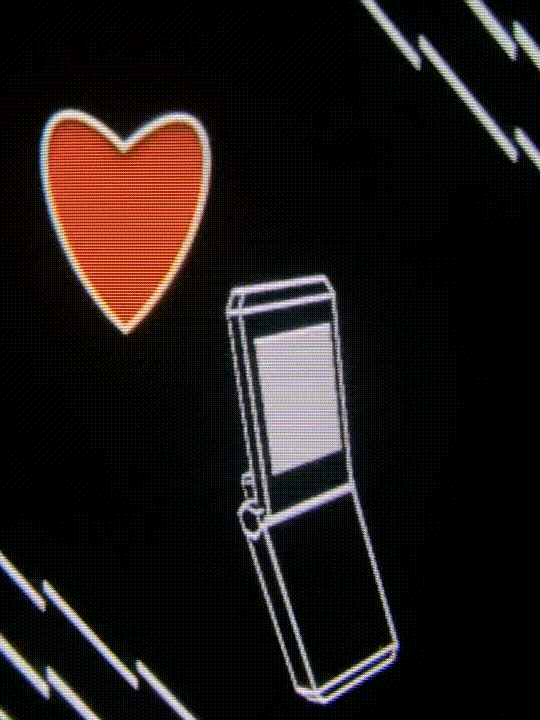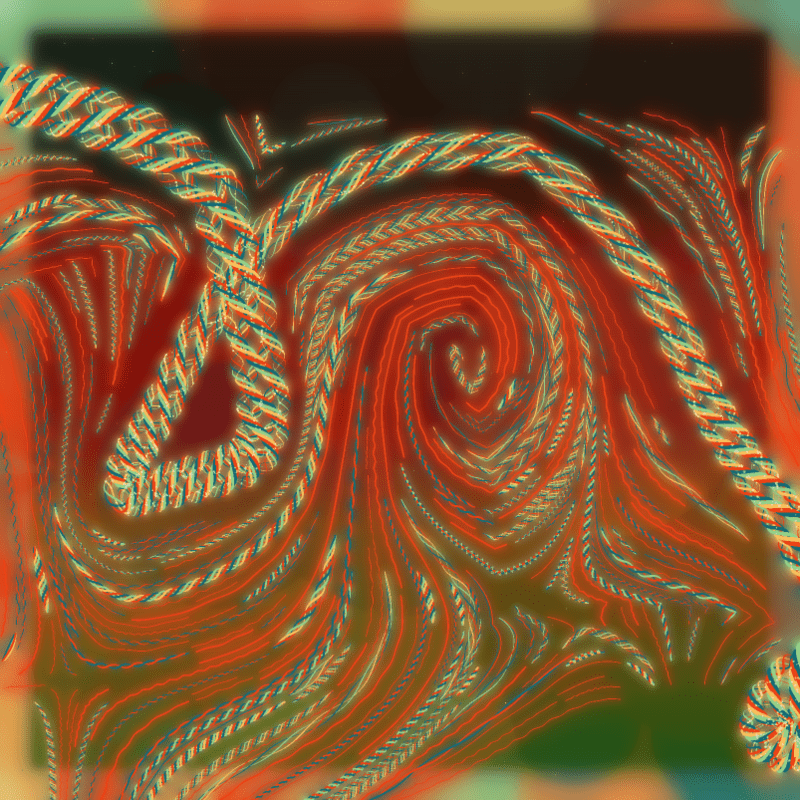Kate the Cursed
The glitch artist discusses cyberpunk dystopia, obsolete tech, and zoomer nostalgia.


Katherina Jesek, who has published work under the name Kate the Cursed since 2019, makes art using open-source image-editing programs and obsolete hardware, like CRT monitors and the Super Nintendo Entertainment System. Her interest in free software and technology of the past aligns with her love of cyberpunk and vaporwave of the 1980s and ’90s. Born in 1999, Jesek speaks of her own “zoomer nostalgia” as a longing for something she never experienced personally. Not having her own memories of a “better time”—life before social media and surveillance capitalism—makes her want to create space for positive visions in her work, rather than settling for the harsh dystopia of most speculative fictions.
For Jesek, glitch is about finding moments of spontaneity in highly controlled technological systems, a process she compares to finding a beautiful weed growing between the cracks of a sidewalk. But glitch can also be about re-creating that sense of wonder, in addition to identifying and preserving the moments that organically spark it. Jesek sees glitch as a healing practice, and holds onto that orientation even as the glitch scene is changing due to an influx of money from the NFT market, and the adoption of its aesthetics by artists who don’t share the progressive politics generally associated with DIY scenes that have long fostered glitch.
